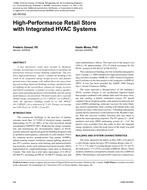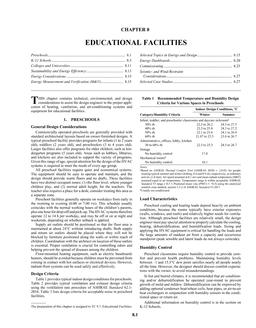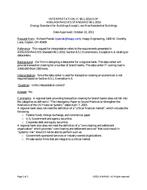Click here to purchase
In building science, maximizing natural daylighting while minimizing solar heat gains is a multi-objective optimization problem. The Pareto efficiency method offers a solution for approaching this challenge. Our team applied the Pareto efficiency method to the Vitta Center medical facility in Guatemala, where summer solar radiation is a significant concern. The challenge was to provide the architect with several arrangements of façade shading element geometries to maximize daylight and access to exterior views, while minimizing solar radiative gain. In this paper, we describe the modeling process, including determining constraints and permissible ranges for parameters, and develop tools to compare outputs from different software programs. We approached this problem by combining established optimization tools including Pareto efficiency, genetic algorithms and machine learning. We performed a parametric analysis, varying the vertical fin shade spacing and depth and the slab overhang depth, to quantify the daylight autonomy and solar radiative gain for a typical office space on each elevation independently. We analyze the resulting data to develop a set of preferred solutions of shading element geometry having comparable performance but varied aesthetic. The architect will use the preferred solutions to inform the final design and arrangement of the shading elements.
Citation: Thermal Buildings XIV 2019
Product Details
- Published:
- 2019
- Number of Pages:
- 8
- Units of Measure:
- Dual
- File Size:
- 1 file , 1.6 MB
- Product Code(s):
- D-Bldgs19-048


